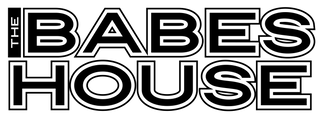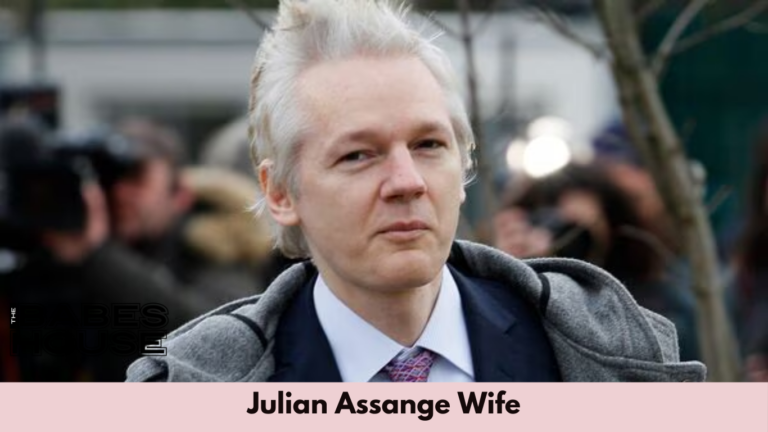Julian Assange, the founder of WikiLeaks, has been a controversial figure in global politics for over a decade. Born on July 3, 1971, in Townsville, Queensland, Australia, Assange gained international notoriety for publishing classified documents that exposed government secrets and misconduct.
What Led to His Legal Battle?
Assange’s legal troubles began in 2010 when WikiLeaks released a massive trove of classified U.S. military documents and diplomatic cables. The U.S. government accused him of conspiring to obtain and disclose these sensitive materials. This triggered a series of legal actions, including a 2012 sexual assault allegation in Sweden, which he denied but which led him to seek asylum in the Ecuadorean embassy in London to avoid extradition.
Why Did Assange Seek Asylum in the Ecuadorean Embassy?
Fearing extradition to the U.S., where he believed he would face harsh prosecution, Assange entered the Ecuadorean embassy in London in June 2012. He stayed there for seven years, living in a small room and unable to leave for fear of arrest. In April 2019, his asylum was revoked, and he was arrested by British authorities.
What Were the Charges Against Assange?
Assange faced multiple charges, but the most significant were related to his role in obtaining and publishing classified U.S. national defense documents. In 2019, the U.S. Department of Justice indicted him on 18 counts, including conspiracy to commit computer intrusion and violations of the Espionage Act.
How Did His Legal Battle Unfold?
The legal battle saw Assange spending over five years in Belmarsh, a high-security prison in the UK, after his arrest in 2019. His case went through numerous hearings, with his legal team arguing against his extradition to the U.S. on grounds that he would not receive a fair trial and would be subjected to inhumane conditions.
What Is the Plea Deal About?
In a surprising turn of events, Assange agreed to a plea deal with U.S. authorities. According to filings in the U.S. District Court for the Northern Mariana Islands, Assange will plead guilty to a single count of conspiring to obtain and disclose classified U.S. national defense documents. This deal marks the end of a prolonged legal saga.
How Did Stella Assange React?
Stella Assange, Julian’s wife, expressed her immense relief and joy at the news of her husband’s imminent release. Speaking to BBC Radio from Sydney, Australia, she described the situation as “incredible” and shared her elation at the prospect of her husband becoming a free man once the judge signs off on the deal.
What Are the Next Steps for Assange?
Assange is expected to appear in a courtroom on the Pacific island of Saipan, where the plea deal will be finalized. Following this, he is set to head to Australia to reunite with his family. Stella mentioned that she had flown to Australia with their two children, ages 7 and 5, and hinted at a “big surprise” for them, though she was uncertain of the outcome until the last moment.
What Is the Significance of This Development?
This development is significant as it potentially brings to a close one of the most high-profile legal battles involving a whistleblower and publisher of classified information. It highlights the complexities and controversies surrounding issues of press freedom, government transparency, and national security.
How Did the Public and Media React?
Public and media reactions to Assange’s case have been polarized. Supporters view him as a champion of free speech and transparency, while critics see him as a reckless figure who endangered lives by releasing sensitive information. The resolution of his case is likely to reignite debates on these issues.
What Does This Mean for WikiLeaks?
WikiLeaks, the organization founded by Assange, continues to operate, though it has faced significant challenges and scrutiny. The outcome of Assange’s legal battle may impact its future activities and the broader landscape of whistleblowing and investigative journalism.
What Are the Broader Implications?
Assange’s case has broader implications for the treatment of whistleblowers and publishers of classified information. It raises questions about the balance between national security and the public’s right to know, and the legal and ethical boundaries of journalism.
Conclusion: What Lies Ahead for Assange?
As Julian Assange prepares to step out of a legal battle that has spanned over a decade, his future remains uncertain. His release will undoubtedly be a moment of relief for his family and supporters, but the debates and controversies surrounding his actions and their implications will likely continue.

